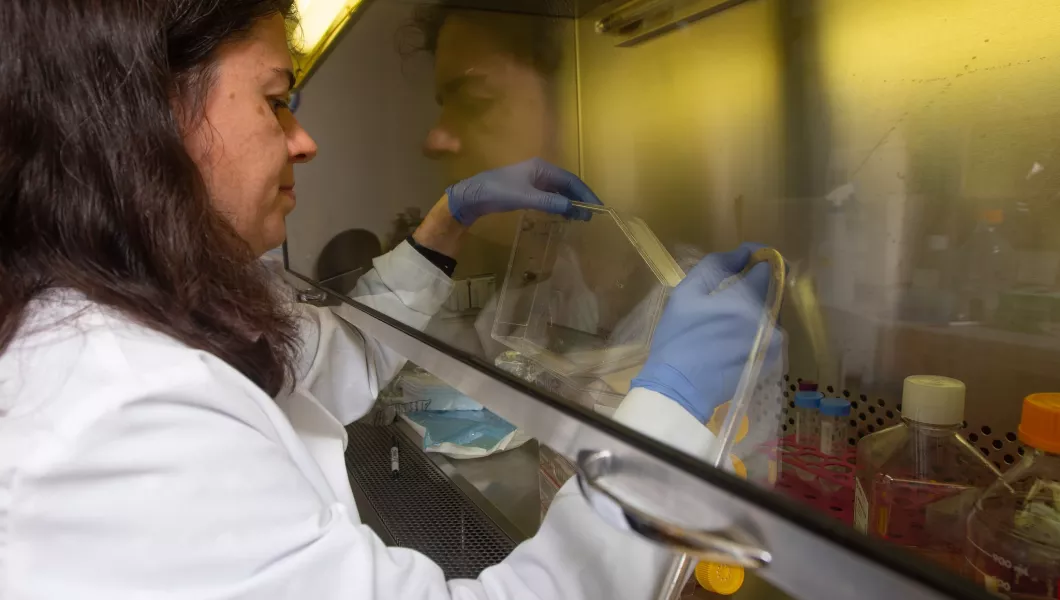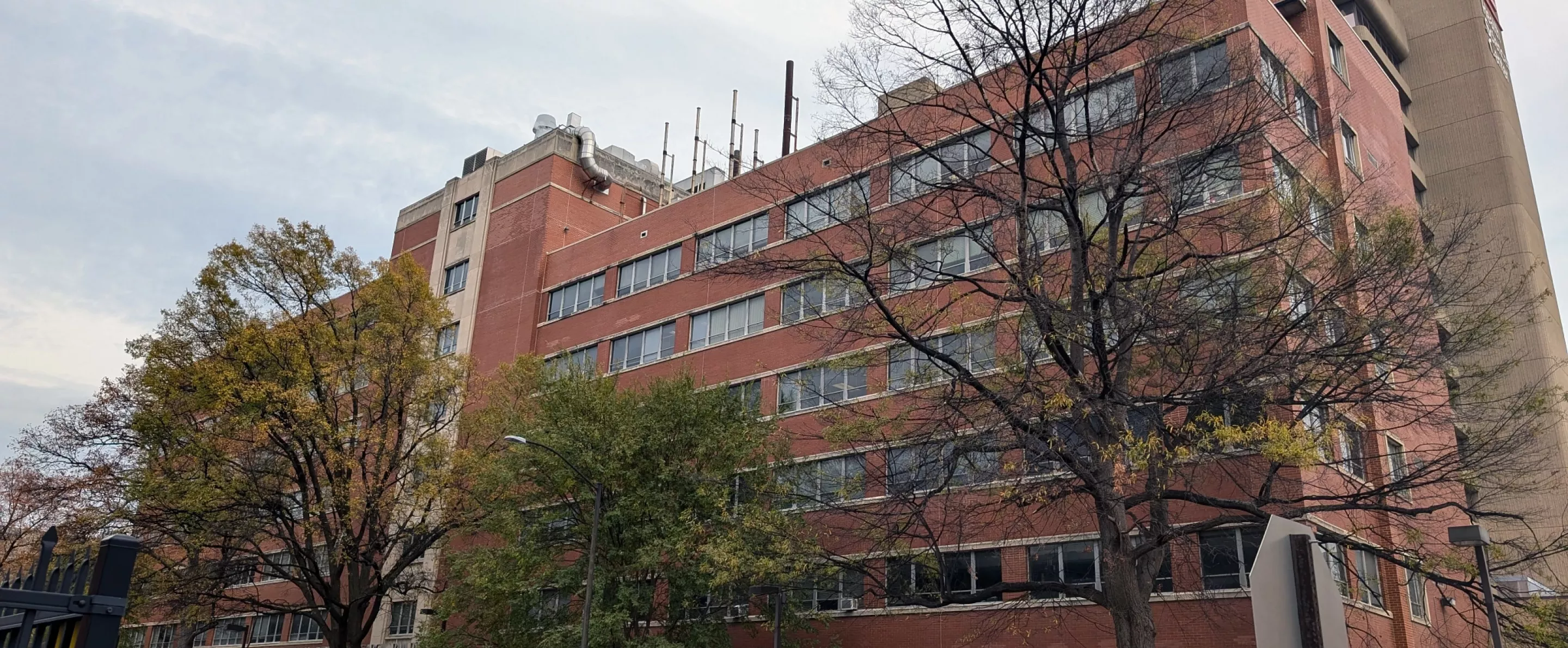Research focus
The Saraswat lab studies various proteostasis network mechanisms involved in the pathogenesis following spinal cord injury. The lab is particularly interested in pathways that involve modulation of integrated stress response signaling in glial cells and cause cell loss and/or neuroinflammation after traumatic spinal cord injury. Techniques used in the lab include neural cell cultures, mouse genetics, in vivo models of spinal cord injury, pharmacological studies, signaling pathways, gene expression/regulation assays, immunohistochemistry and behavioral analyses. The goal of these studies is to elucidate the underlying mechanisms and identify molecular targets for therapeutic intervention after spinal cord injury.
Assistant Professor, Department of Neurological Surgery
Laboratory: Cellular & Molecular Neuroscience
Phone: 502-852-6611
sujata.saraswat@louisville.edu

Select recent publications
Saraswat Ohri S*, Myers SA, Rood B, Brown, BL, Chilton PM, Slomnicki L, Liu Y, Wei, GZ, Andres KR, Mohan D, Howard RM, Whittemore SR, Hetman M* (2025) Reduced white matter damage and lower neuroinflammatory potential of microglia and macrophages in Hri/Eif2ak1-/- mice after contusive spinal cord injury. Glia 73(5):1004-1021, *corresponding authors; PMID: 39760211
Saraswat Ohri S*, Forston MD, Myers SA, Brown BL, Andres KR, Howard RM, Lu Y, Cavener DR, Hetman M, Whittemore SR*, (2024) Oligodendrocyte-selective deletion of the eIF2α kinase Perk/Eif2ak3 limits functional recovery after spinal cord injury. Glia, 72(7):1259-1272. doi: 10.1002/glia.24525. *corresponding authors.
Gao Y, Wei G, Hodges ER, Burke D, Andres KR, Morehouse J, Armstrong C, Grover C, Ding J, Saraswat Ohri S, Whittemore SR, Hetman M (2023) Opposite modulation of functional recovery following contusive spinal cord injury in mice with oligodendrocyte-selective deletions of Atf4 and Chop/Ddit3. Scientific Reports, (accepted, ID: d5705124-597b-44c3-98f0-d060e3223166).
Saraswat Ohri S*, Andres KR, Howard RM, Brown BL, Forston MD, Hetman M, Whittemore SR* (2023) Acute pharmacological inhibition of protein kinase R-like endoplasmic reticulum kinase signaling after spinal cord injury spares oligodendrocytes and improves locomotor recovery. Journal of Neurotrauma, doi: 10.1089/neu2022.0177. PMID: 36503284. *corresponding Authors
Rouchka EC, de Almeida C, House RB, Daneshmand JC, Chariker JH, Saraswat Ohri S, Gomes C, Sharp M, Shum-Siu A, Cesarz GM, Petruska JC, Magnuson DSK (2023) Construction of a searchable database for gene expression changes in spinal cord injury experiments. bioRxiv. doi: 10.1101/2023.02.01.526630. PMID: 36778366.
Burke DA, Morehouse JR, Saraswat Ohri S, Magnuson DSK (2023) Unintentional effects from housing enhancement resulting in functional improvement in spinal cord-injured mice. Neurotrauma Reports, 4(1):71-81. doi: 10.1089/neur.2022.0059.
Rouchka EC, de Almeida C, House RB, Daneshmand JC, Chariker JH, Saraswat Ohri S, Gomes C, Sharp M, Shum-Siu A, Cesarz GM, Petruska JC, Magnuson DSK (2023) Construction of a searchable database for gene expression changes in spinal cord injury experiments. Journal of Neurotrauma, doi: 10.1089/neu.2023.0035. PMID: 37917105.

